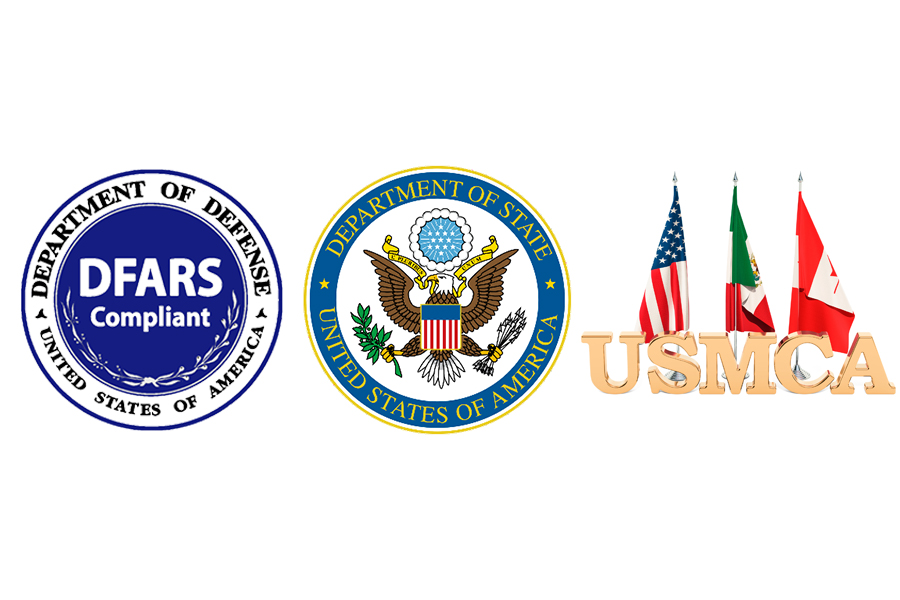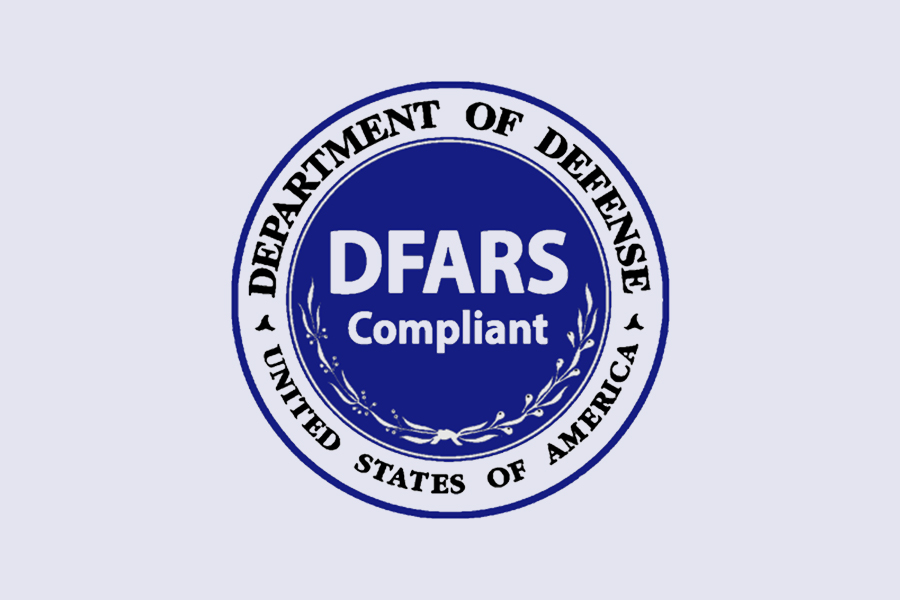FAR Vs DFARS
What are the FAR?
The Federal Acquisition Regulation (FAR) is a set of government rules governing procurement. Every government department uses these rules when acquiring goods or services. The FAR outlines procedures, policies and principles that contractors must follow. The regulation ensures that the process remains fair and efficient for both businesses and the government. Contractors must observe the FAR carefully in order to meet government requirements.
What is the DFARS?
The Defence Federal Acquisition Regulation Supplement (DFARS) is an additional regulation. DFARS supplements the FAR for contracts in the defence sector. DFARS provides further details, particularly regarding data security and technology transfer. For companies that undertake defence contracts, DFARS specifies how they must protect sensitive information. DFARS also details procedures for reporting and securing data during defence activities.
Who regulates the FAR and the DFARS?
The FAR is regulated by government departments and the General Services Administration. In contrast, DFARS is administered by the procurement offices of various ministries and the Ministry of Defence. Numerous government agencies support these regulations. The regulatory bodies work together to maintain the integrity of the procurement process. They focus on transparency and risk mitigation when awarding government contracts.
Who must comply with the FAR and DFARS?
Every contractor that enters into agreements with the government must comply with the FAR. This requirement applies to both large and small companies. Companies that secure defence contracts must also adhere to the DFARS. Prime contractors and their subcontractors are generally required to follow both sets of regulations. The rules ensure that all parties operate from an equal basis when dealing with government contracts.
FAR vs. DFARS
The main difference lies in the scope and priority of the two regulations.
The FAR sets out the general guidelines for procurement used by all government departments. It addresses the fundamental principles of acquisition.
In contrast, the DFARS deals with issues and risks specific to defence contracts. It contains additional clauses that cover data security and technical issues not addressed in the FAR.
For example, DFARS stipulates specific security measures for sensitive, unclassified and controlled technical information. Companies that have previously failed to comply with DFARS have experienced delays, incurred extra costs or faced financial penalties. Consequently, contractors in the defence sector must observe these additional regulations very carefully.
Both regulations aim to improve efficiency and accountability; however, the DFARS contains extra provisions regarding national security.
How can one prepare for the DFARS?
1. Examine current guidelines and perform a risk and gap analysis to identify areas where compliance may be compromised.
2. Install cybersecurity systems to enhance the security of sensitive data.
3. Provide regular staff training to maintain continuous awareness of regulatory requirements.
4. Maintain direct communication with contract officials to obtain up-to-date information regarding requirements.
5. Conduct frequent audits and reviews to detect and resolve issues at an early stage.
6. Small businesses should invest early to avoid penalties and contract suspensions.
7. Early preparation reduces the risk of payment defaults and builds confidence with government officials.
Conclusion
Both the FAR and DFARS serve as valuable manuals for government contracts. They ensure that procurement processes remain fair, transparent and secure. Knowledge of these regulations enables contractors to adjust their practices and avoid costly errors. For further details, please visit Stanford Advanced Materials (SAM).
Frequently Asked Questions
Q: Why must contractors comply with these regulations?
A: Contractors must follow these regulations to meet government requirements and to remain eligible for contracts.
Q: What makes the defence supplement distinct compared to standard government regulations?
A: The supplement contains additional security and technical requirements for defence contracts.
Q: How can a contractor keep pace with DFARS changes?
A: By conducting routine audits, reviewing the guidelines and maintaining direct communication with contract officials, a contractor can ensure continued compliance with the regulations.

 Converters & Calculators
Converters & Calculators
 Chin Trento
Chin Trento



